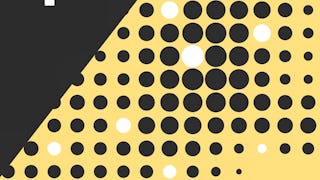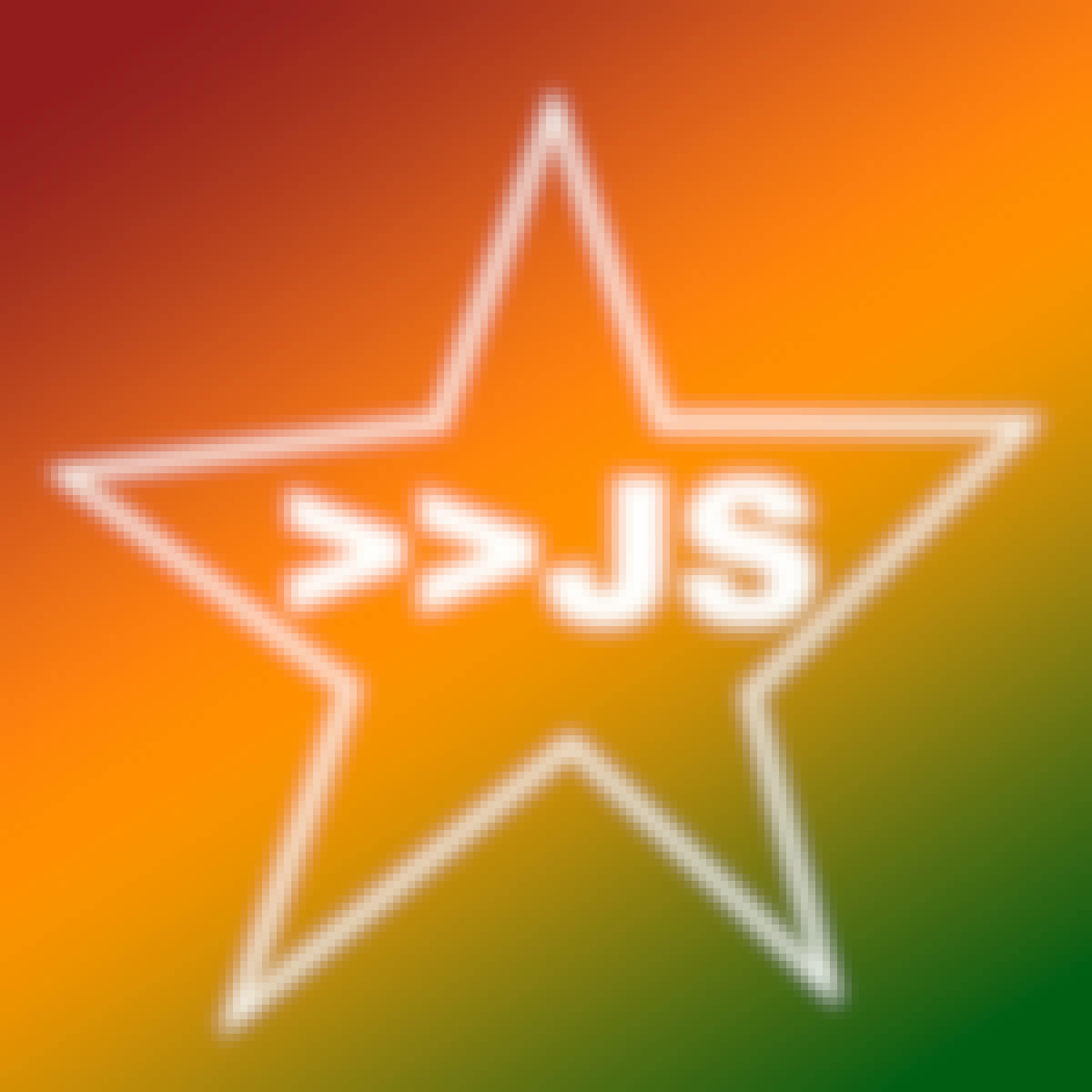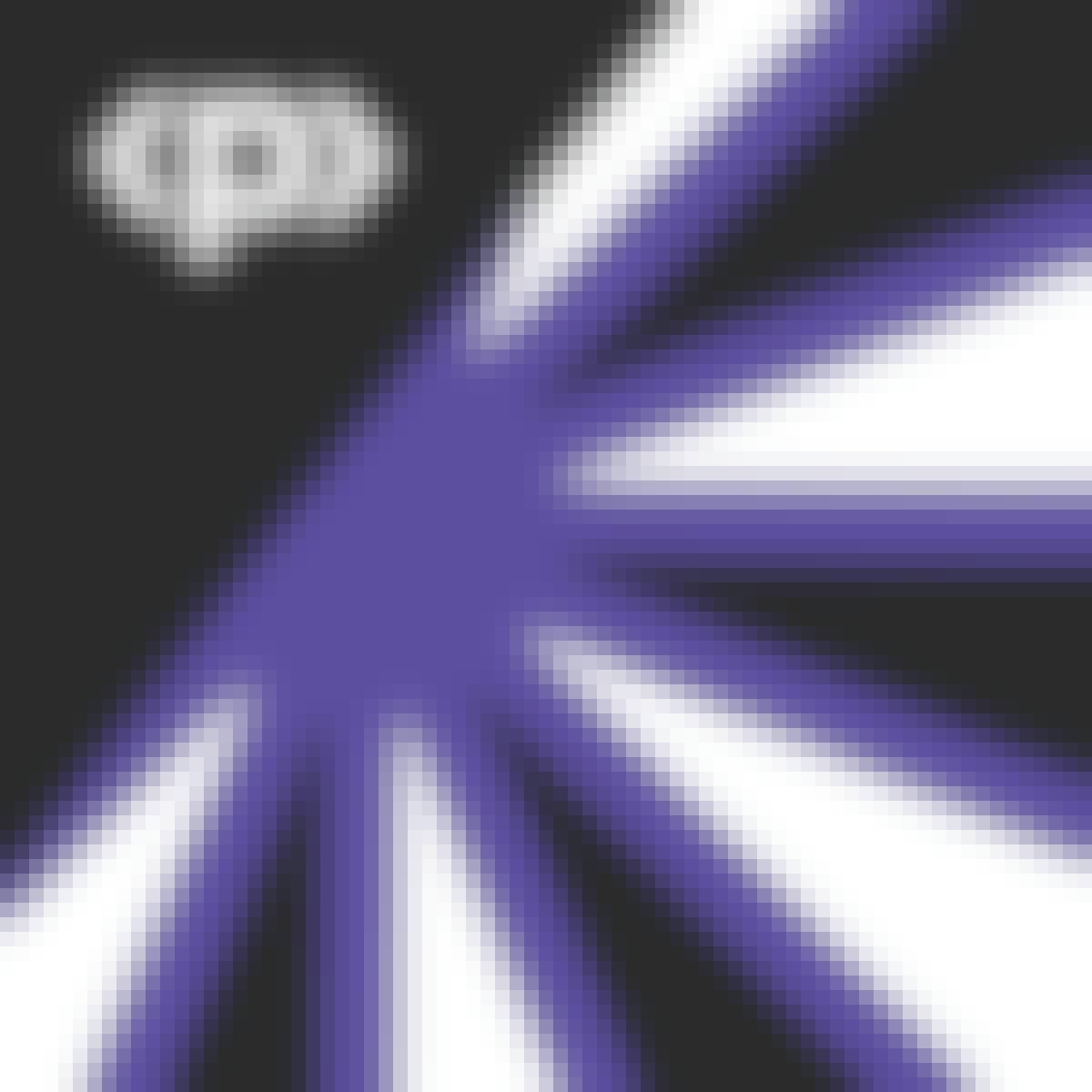- Browse
- React Js
Results for "react js"
 Status: PreviewPreview
Status: PreviewPreviewSkills you'll gain: Incident Response, Intrusion Detection and Prevention, Computer Security Incident Management, Incident Management, Threat Detection, Security Information and Event Management (SIEM), IT Automation, Automation, Event Monitoring, Cyber Threat Intelligence, Continuous Monitoring, System Monitoring, Anomaly Detection, Cybersecurity, Security Controls, Data Analysis Software, Risk Management Framework
4.7·Rating, 4.7 out of 5 stars69 reviewsBeginner · Course · 1 - 4 Weeks
 Status: NewNewStatus: Free TrialFree Trial
Status: NewNewStatus: Free TrialFree TrialSkills you'll gain: CI/CD, ASP.NET, Continuous Deployment, Application Deployment, Cloud Deployment, Restful API, Middleware, Continuous Integration, Software Testing, .NET Framework, Responsive Web Design, API Design, Data Migration, Azure DevOps, Configuration Management, Data Validation, HTML and CSS, Database Application, C# (Programming Language), Web Applications
Intermediate · Professional Certificate · 3 - 6 Months
 Status: Free TrialFree Trial
Status: Free TrialFree TrialSkills you'll gain: Spring Boot, Configuration Management, API Gateway, JUnit, Java Programming, Java, Application Design, Unit Testing, Middleware, Service Oriented Architecture, Software Design Patterns, Authentications
Advanced · Course · 1 - 4 Weeks

Skills you'll gain: React.js, ChatGPT, Cascading Style Sheets (CSS), Generative AI, Development Environment, Microsoft Visual Studio, Web Design and Development, Secure Coding, Node.JS, Prompt Engineering, Javascript, API Design, Debugging
Beginner · Course · 1 - 3 Months
 Status: Free TrialFree TrialB
Status: Free TrialFree TrialBBoard Infinity
Skills you'll gain: Node.JS, Full-Stack Web Development, User Interface (UI), Application Deployment, MongoDB, Angular, Back-End Web Development, Front-End Web Development, User Interface (UI) Design, Web Design, Web Applications, Restful API, Secure Coding, Authentications, Authorization (Computing), Scalability
4.1·Rating, 4.1 out of 5 stars17 reviewsIntermediate · Course · 1 - 4 Weeks
 Status: Free TrialFree TrialB
Status: Free TrialFree TrialBBoard Infinity
Skills you'll gain: Blockchain, User Interface and User Experience (UI/UX) Design, Cryptography, Secure Coding, Application Security, Web Development Tools, React Redux, Encryption, User Experience Design, Key Management, Application Design, Cryptographic Protocols, Application Development, Web Applications, Software Development Tools, Legal Technology, Vulnerability Assessments, Frontend Integration, Data Security, Program Development
Intermediate · Specialization · 1 - 3 Months

Skills you'll gain: Frontend Performance, React.js, JavaScript Frameworks, Front-End Web Development, HTML and CSS, Web Development, Web Design, Cascading Style Sheets (CSS), Microsoft Visual Studio
Intermediate · Guided Project · Less Than 2 Hours
 Status: PreviewPreviewU
Status: PreviewPreviewUUniversity of Michigan
Skills you'll gain: SQL, Database Management, Database Design, Databases, Relational Databases, Web Scraping, Data Modeling, Data Visualization Software, Object Oriented Programming (OOP), Data Processing, Object Oriented Design, Python Programming, Data Collection
Mixed · Course · 1 - 3 Months
 Status: NewNewStatus: Free TrialFree Trial
Status: NewNewStatus: Free TrialFree TrialSkills you'll gain: Node.JS, Responsive Web Design, JSON, jQuery, Restful API, HTML and CSS, Bootstrap (Front-End Framework), API Design, GitHub, Git (Version Control System), Postman API Platform, Web Design, Hypertext Markup Language (HTML), MongoDB, Back-End Web Development, Full-Stack Web Development, Cascading Style Sheets (CSS), Web Design and Development, Scripting, Browser Compatibility
Beginner · Specialization · 3 - 6 Months
 Status: PreviewPreviewU
Status: PreviewPreviewUUniversity of Michigan
Skills you'll gain: SQL, Database Management, Relational Databases, MySQL, Databases, Database Design, Data Visualization Software, Web Scraping, Data Processing, Object Oriented Programming (OOP), Data Modeling, Python Programming, Web Development, Data Collection
Mixed · Course · 1 - 3 Months
 Status: Free TrialFree Trial
Status: Free TrialFree TrialSkills you'll gain: Large Language Modeling, Retrieval-Augmented Generation, LLM Application, Embeddings, Agentic systems, Application Development, Data Pipelines, Data Integration, Development Environment
Intermediate · Course · 1 - 4 Weeks
 Status: NewNewStatus: Free TrialFree Trial
Status: NewNewStatus: Free TrialFree TrialSkills you'll gain: Full-Stack Web Development, Responsive Web Design, Email Automation, Order Management, Data Validation, Search Engine Optimization, Web Applications, JavaScript Frameworks, Back-End Web Development, Authentications, User Interface (UI), React.js, Payment Processing, E-Commerce, PostgreSQL, Database Development, Dashboard, Object-Relational Mapping, Product Improvement, Real Time Data
Intermediate · Specialization · 3 - 6 Months
In summary, here are 10 of our most popular react js courses
- Automated Cyber Security Incident Response: EDUCBA
- Microsoft Getting Started with ASP.NET Core: Microsoft
- Mastering Advanced Spring Boot: Microservices & System Design: Board Infinity
- Building a ChatGPT AI with JavaScript - A Code-Along Guide: Packt
- Building a Complete MEAN Stack Application: Board Infinity
- Blockchain Technology Applied: Board Infinity
- Optimization with Next.js: Build a Product Portfolio Website: Coursera
- Python에서 데이터베이스 사용하기: University of Michigan
- Full Stack Web Development Mastery - Novice to Expert: Packt
- Uso de bases de datos con Python: University of Michigan










